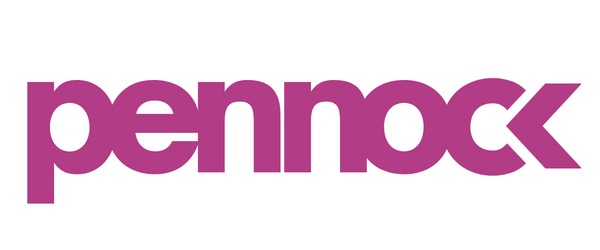Prediction for Digital Marketing in the year 2027
Digital advertising has undergone significant changes in recent years, with the shift towards privacy being a major catalyst during the iOS 14.5 rollout in 2021.
What changes can marketers anticipate by 2027?
There will be an increase in the availability of specialized tools for specific marketing needs. The era of one-size-fits-all services and software is waning. More products like Foreplay, Northbeam, and ULINC will continue to emerge. Application connectors such as Zapier and N8n will facilitate seamless integration of these products with your CRM and CMS systems.
There will be a reduction in the offshoring of tasks related to ad buying, customer experience, and virtual assistant work to countries outside the US. This is because we will start leveraging software and IFTTT technologies to reduce time investment while bringing the management of these tasks back to the US.
There will be a consolidation of AI. As of 2024, AI for marketing is a wild west scenario, with over 75 decent AI creative tools available. The best options will start consolidating and emerging as major players. This theory applies to all aspects of business operations, from customer experience to inventory management and campaign management to SEO.
Brands will hire agencies for more strategic, qualitative work and less quantitative, 'work-horse' work.
How can you prepare your digital footprint for these changes?
Focus on identifying which parts of your work can be automated and start implementing products that can handle these tasks. Connect with complementary and competing businesses to share tools and services they are using. Bring strategic thinkers into your organization now. Hire people who can identify and develop solutions for opportunities in front of you. Stay agile. You will test, restart, take steps backwards, etc., in your journey to running a business in 2027. That’s natural. Enjoy the process!
With the growing importance of data privacy and consumer trust, what trends are anticipated in terms of personalized marketing and data-driven targeting?
With these changes, brands and their marketing departments will need to have a deep understanding of their best customers' attitudes, beliefs, interests, aversions, etc. Only through this deep customer insight can marketers start to build strategies that resonate with their core audience at the right place and time. I would suggest setting 'personalization' aside for a moment and focus on delivering messages that resonate. Personalization can be revisited afterwards. I have yet to come across a business that attributed its success solely to 'personalization'. It’s the bow on the box, not the box itself!
How do we see the ad creative landscape evolving?
Surprisingly, we’re going to return to the basics. By 2027, we will have grown tired of UGC, CGC, and other types of person-led marketing. Why? In 2024, we don’t trust what brands say about themselves, and by 2027, we won’t believe what users say about brands either, as it will have become so fake and watered down that no one will want to hear it!
